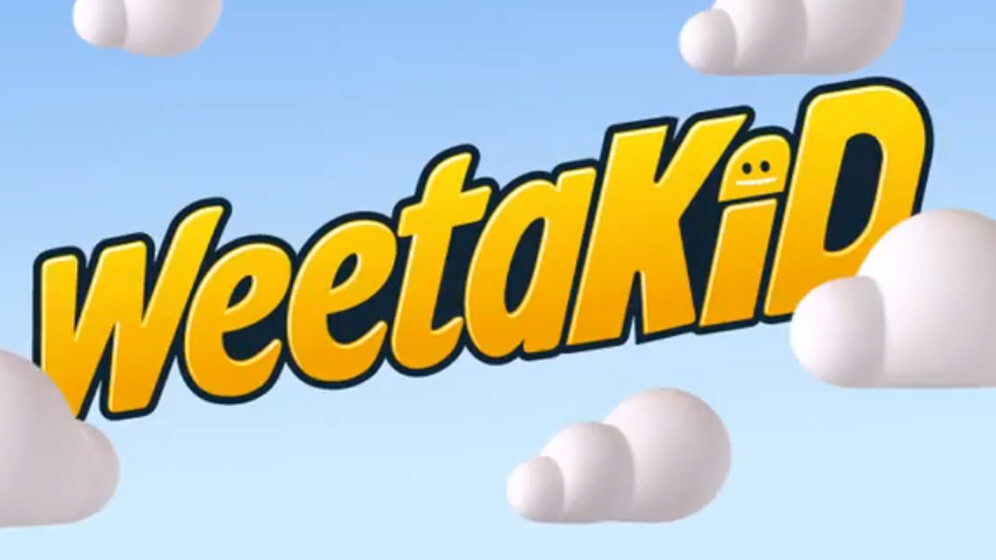
Whole grain breakfast cereal Weetabix has been told to take down its WeetaKid app after the Advertising Standards Authority (ASA) ruled that it was exploiting children’s credulity and vulnerability.
The iOS app used QR codes in conjunction with two games, where the player controlled the WeetaKid hero in order to collect items and build different parts of the world. As reported by Yahoo, the issue was that the game actively encouraged buying boxes of Weetabix in order to fuel the character. A message would display at the top of the screen asking the player if they had a box ready in order to scan the QR code and if they said no, the following messages might appear:
“What?! No Weetabix?! Why make things harder for yourself?”, “Remember what I told you! A failure to prepare is preparation for failure!”, “You’re not eating your Weetabix? What about the extra energy? Oh good heavens!”, “No Weetabix? Disaster! Don’t make things harder for yourself!”
The app was brought to the attention of the ASA by Professor Agnes Nairn and the Family and Parenting Institute, following the publication of a research report called ‘Advergames: It’s not child’s play’.
Throughout the report, authors Nairn and Dr Haiming Hang expressed concerns that the game itself was developed with the sole purpose of getting the child to play for as long as possible, and as a result build an “awareness of, liking for and eventual purchase of the brand.”
The ASA concluded that the language and tone used in the app was “persuasive and negaitive”, and could easily make children feel as if they were failing in some way if they didn’t eat Weetabix.
It did admit, however, that the app does not require players to actually buy Weetabix in order to play the game and build WeetaKid’s world. In fact, scanning the QR code doesn’t actually affect the performance of the player during gameplay. However, the ASA added that they were concerned the app “created the opposite impression” because of the strong wording used in the QR code prompts.
“Because they were prompted to do so on a frequent basis, we concluded the app exploited children’s credulity and vulnerability and was likely to make them feel inferior if they did not eat, buy or encourage their parents to buy Weetabix,” the ASA said.
Weetabix told the ASA that they had designed the app specifically so that it could be played without ever purchasing the product. It said the QR code found on Weetabox boxes was a “fun and inventive” aspect to the app that was not essential to enjoy the game.
While they admitted that it was possible the messages could affect a child’s food preferences, they said they didn’t believe it could make a child feel inferior or unpopular in any way.
We have reached out to Weetabix for comment on the matter. At the time of writing, the WeetaKid app is not available in the App Store, and the dedicated area on the Weetabix website has also been taken down.
Get the TNW newsletter
Get the most important tech news in your inbox each week.





